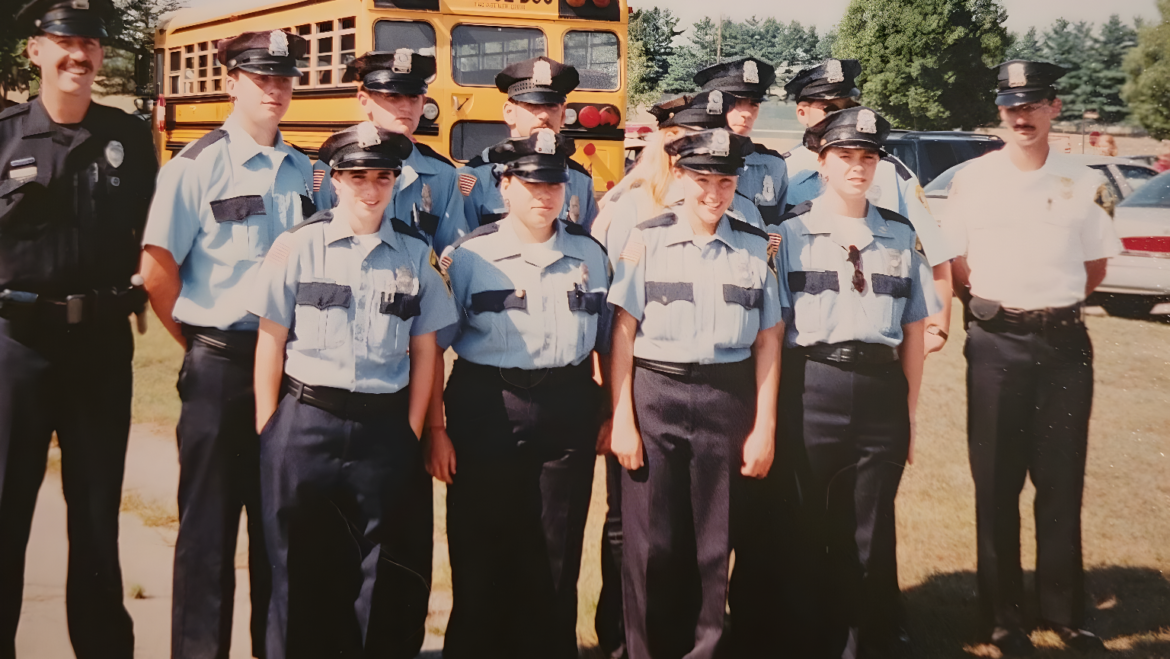Police departments across the country are facing a recruitment crisis, with declining numbers of interested candidates. While financial incentives, such as higher starting salaries and signing bonuses, have been implemented by many agencies, these do not address the root of the issue. Police officers do not join the force for the financial reward, but rather to serve their communities.
To address the shortage of interested candidates, police departments have turned to a tried-and-true tactic of directly recruiting citizens as potential candidates. This involves setting up recruiting booths at community events, festivals, parades, and job fairs. However, the success of this approach is difficult to measure.
Another strategy that has proven successful in filling the ranks is investing in young people for the job. This includes capital spending on cadet academies, explorer groups, and summer internship programs, which can yield quantifiable results. These programs provide young people interested in law enforcement with an introduction to the inner workings of police work. They emphasize the importance of character development, physical fitness, good citizenship, and civic duty, and involve volunteer work such as traffic and crowd control at local events.
Most of these programs have specific age and academic requirements, as well as passing marks on physical fitness tests and criminal background checks. Participants are often required to attend weekly classroom presentations on specific topics before being granted full membership and attendant roles and responsibilities. They are paired with members of the sworn ranks who act as mentors and advisors, and often become lasting friendships long after a young person has matriculated through the program.
While time-consuming, such “direct action” recruiting and early job training can yield quality recruits with the potential to be outstanding officers. This approach is certainly better than relaxing hiring standards, which could lead to hiring problematic personnel.
By enabling young people to “get a feel for what it would be like to be an officer” through such programs, police departments not only develop potential employees but also build strong community bonds. Simply by participating in these programs, young recruits become advocates and ambassadors for the police within their families and peer groups, which is a worthwhile return on investment.
